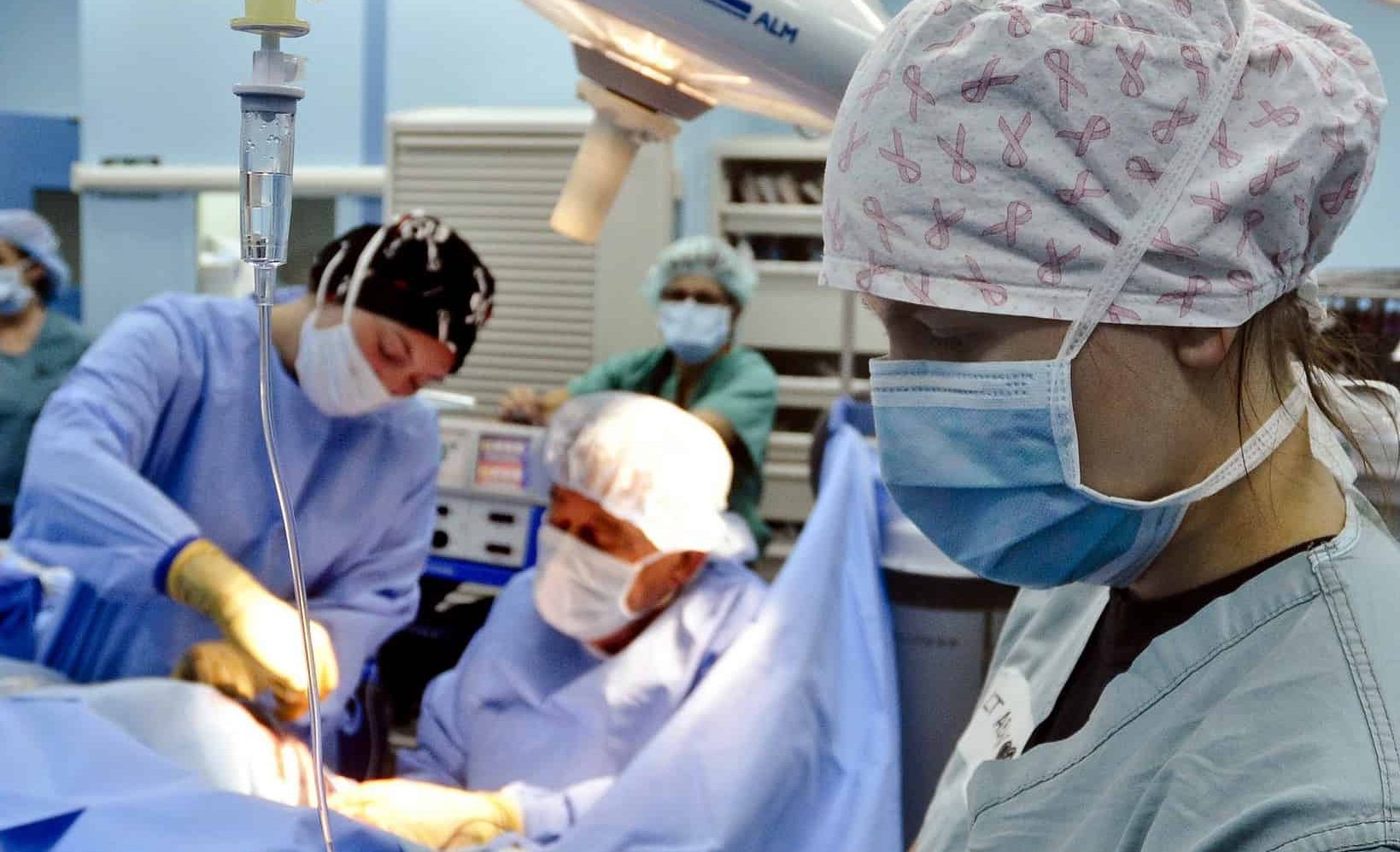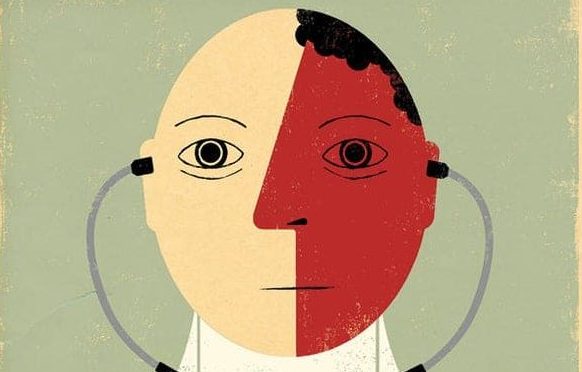How to treat obesity correctly
What diet should I follow?
The main distinction that needs to be made is between:
safe and unsafe methods of weight loss.
There are a large number of diets out there, some of which are particularly popular. Diets and magical weight loss methods are now being posted on the internet daily.
The most frequent problems which arise are:
- Choosing a random diet from the internet, meaning you put yourself at risk of health complications..
- Incompatibility of the diet with your personal situation, especially when dietary preferences and allergies are not taken into account..
- Regaining the initial weight that was lost, even if targets were initially met..
- Loss of muscle mass and worsening of the metabolism.
The basic principles to be borne in mind in choosing the correct diet are:
- The diet should be tailored to your needs, your health and the special circumstances of your daily life..
- Appropriate diets consist of comprehensive meals, which provide the body with the necessary macronutrients (proteins, fats and carbohydrates) and micronutrients (vitamins and metals) and do not cause nutritional deficits.
- Muscle mass is protected during weight loss and adequate hydration is ensured.
- Diets should not leave you feeling hungry, because you are bound to experience episodes of reactionary hyperphagia.
Diets can differ depending on their carbohydrate, protein and fat content and the total amount of calories they contain.
The ketogenic diets are very low in calories and carbohydrates and are based on lipolysis-ketogenicity for energy production and weight loss. They are very effective in some cases of obesity and should be used for a short period of time under medical supervision.
The Mediterranean diet can form the basis of a gradual weight loss plan and lead to weight stabilisation over time as part of a broader lifestyle change.
Should I walk to lose weight?
The answer has to be a categorical yes.
According to the World Health Organisation, physical activity and healthy eating are the main tools for preventing and treating obesity and cardiovascular diseases.
Physical activity means movement. The muscles attached to the human skeleton consume energy to produce body movement.
Weight loss can be achieved with or without walking, or other forms of physical activity. However, physical activity enhances fat loss and protects muscle mass, with a beneficial effect on metabolism and overall health and mental well-being. In addition, it is necessary to maintain weight after initial loss.
Physical activity includes movement in your day-to-day life, such as travel, work, or housework, as well as organised regular physical activity.
The intensity, type and duration of physical activity that is recommended should be tailored to your age, gender, state of health and therapeutic objectives.
Are there any medicines, or other medical methods for weight loss?
Obesity can be treated with a combination of interventions and requires your active involvement as the person who has decided to lose weight.
The basic principle for treating obesity is to make a realistic change in your lifestyle, by selecting the appropriate diet and increasing physical activity.
Me dication is a useful aid to weight loss. There are many types of medicines and nutritional supplements, which are promoted as medicines for obesity, but only a few of them are safe and effective. The choice of the appropriate medicine depends on the degree of obesity and the associated health problems and should be made by a doctor after taking a detailed medical history.
Me Invasive treatment of obesity includes surgical or endoscopic methods aimed at limiting stomach capacity (such as the gastric band) and modifying the passage of food into the gut to reduce the absorption of nutrients and at the same time energy (calorie) intake. There are specific indications for when this approach is suitable. Medical and psychiatric history need to be taken first and detailed information about the risks and complications must be provided.
What is the best non-invasive option for safe and effective weight loss?
The best option for safe and effective weight loss is one tailored to your overall state of physical and mental health.
Consideration needs to be given to factors such as working hours and the type of work you do, the type of meals at work and at home, nutritional preferences, underlying health problems, and psychological factors that could be associated with diet (depression, hyperphagia, impulse eating, etc.).
Previous failed weight loss attempts play an important role in selecting a treatment.
According to the World Health Organisation, the basic principle for preventing and treating obesity is changing your lifestyle by choosing a healthy diet and increasing physical activity. Combining a well-chosen diet, with an increase in physical activity and, if indicated, medication, are the main factors in designing a modern non-invasive weight loss programme.
Medical follow-up before and during the weight loss programme guarantees that the optimal obesity treatment programme can be chosen and that it can be safely implemented.
Collaboration with a dietician, and in some cases with a psychologist and trainer, are key to a holistic approach; they will work as a team on you, generating the best results, both immediately and over time.








